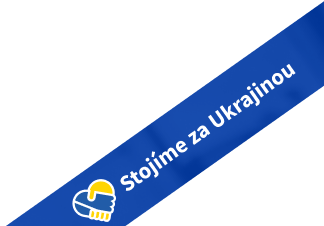pondělí | 14. 10. 2024 | 14:00
lecture | Meeting room, Institute of Philosophy, CAS, Jilská 1, Prague
Danilo Facca: Johann Paul Felwinger (1616–1681) and the disputatio academica between philosophy and theology: the dialectic of controversy at the time of Westphalia
Organized by the Department of Comenius Studies and Early Modern Intellectual History
Detailed information
Danilo Facca (Institute of Philosophy and Sociology, Polish Academy of Sciences): Johann Paul Felwinger (1616–1681) and the disputatio academica between philosophy and theology: the dialectic of controversy at the time of Westphalia
Abstract
Johann Paul Felwinger created the canon of the ‘Altdorfine philosophy’ (Scherb, Piccart, Soner, a variant of post-Zabarellian Aristotelianism), presenting himself as its continuator in the middle of the 17th century. Pivotal to this theoretical perspective is the opposition of two epistemological and methodological options: acroamatic/analytical vs. exoteric/dialectical, where the former prevails over the latter. This dichotomy was put forward during the controversy against Ramism, but now the question is whether it is of any use in the fervor of confessional controversies, in which the Lutheran Felwinger personally participated by dueling with the Socinians (Crell) and Catholics (van Walenburch brothers) on the topic of the criterion of truth in matters of faith. Almost all of Felwinger’s literary output derives from the academic practice of dispute, of which he also offers a theoretical exposition (Brevis commentatio de disputatione, 1659). Despite this rehabilitation of dialectic in practice, a theoretical elaboration of this topic – on a par with e.g. Leibnizian Commentatiuncula de judice controversiarum – is lacking in Felwinger. In general, though, this reduction of the religious controversy to disputatio can be favorably regarded, being the effect of the vitality of pan-European academic models and their capacity of stabilizing confessional and intellectual conflicts in the middle of the 17th century.
About Danilo Facca
Professor at the Institute of Philosophy and Sociology, Polish Academy of Sciences.
His academic research is focused on history of philosophy at the universities and academies of central Europe during the early modern epoch in the context of general intellectual history. His second main scholar interest lies in history of Aristotelian tradition in the West.
In 2013 he was awarded a grant for a five-year project on Aristotle’s influence in Polish late Renaissance thought by the National Fund for the Development of Humanities/Polish Ministry for the Research and Education. As part of this project, editions of works by B. Keckermann, F. Tidike, A. Burski, J. Crell and J. Regius were published.
He is the author of a monograph on Bartholomäus Keckermann (Warsaw 2005) and of a book entitled Early Modern Aristotelianism and the Making of Philosophical Disciplines (London 2020). His most recent works include a journal article on the origin of the concept of praxeology in early 17th-century school philosophy (C. Timpler) and an essay on the teaching of natural philosophy in Leiden at the beginning of the 17th century.


